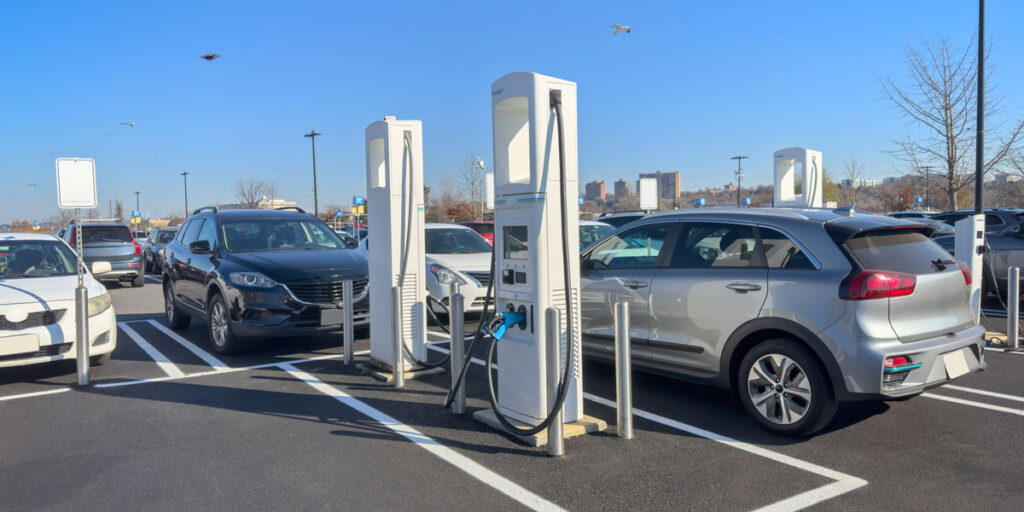As an important point; if you are considering buying an electric vehicle, you should be aware of the following changes announced by the UK government in November 2020:
- New petrol and diesel cars and vans will not be allowed to be sold in the UK from 2030.
- New hybrid cars and vans that could drive a ‘significant distance’ with no carbon coming out of the tailpipe, will be allowed to remain on sale until 2035. ‘Significant distance’ has yet to be defined.
| Term | Definition |
|---|---|
| EV (Electric vehicle) | The catch-all description for all vehicles powered by electric in part or in total. |
| BEV (Battery Electric Vehicle) | A purely battery electric powered vehicle, sometimes also referred to as a pure electric vehicle, only-electric vehicle, fully electric vehicle or all-electric vehicle. With no exhaust, it emits no gases. |
| ZEV – (Zero Emission Vehicles)
|
A zero-emission vehicle, or ZEV, is a vehicle that does not emit exhaust gas or other pollutants from the onboard source of power. From this list, it includes BEVs and FCEVs. |
| HEV (Hybrid Electric Vehicle) | An over-arching term, a hybrid car is one that uses more than one means of propulsion – that means combining a petrol or diesel engine with an electric motor. There are various types of hybrid as noted below. |
|
PHEV (Plug-in hybrid electric vehicle) |
A PHEV is exactly what its name suggests: it’s a hybrid car with a battery pack that can be plugged in to charge it up. PHEVs have both a petrol or diesel combustion engine and an electric motor. However, the battery pack that powers a PHEV’s motor is larger than that in a standard hybrid, giving it the advantage that it can run for longer on pure electric power alone. |
| Rex (Range-extended EV) | Similar to a PHEV, a Rex has a battery and small electric motor, it is different to a PHEV in that a Rex drives on battery power until it has depleted its energy; at this time the small motor kicks in to re-charge the battery. |
| Full Hybrid or ‘Self-Charging’ Hybrid |
A 100% fossil-fuelled hybrid car. A small battery is charged through regenerative braking that generates some electric power in combination with a combustion engine, but the car’s energy originates from petrol. The electric motor can only power the car itself for short periods at low speeds. |
| Mild Hybrid | Mild hybrids also have a small electric motor, but unlike full hybrids, it is solely used to assist the petrol engine. The car cannot drive on battery power alone. |
| FCEV (Fuel Cell Electric Vehicle) | A fuel cell electric vehicle (FCEV) is a vehicle that uses electric energy obtained from hydrogen as a power source and is often called a hydrogen electric vehicle. Like a BEV, it emits no gases. |
| ULEV (Ultra Low Emission Vehicle) | ULEVs are currently defined as having less than 75 grams of CO2 per kilometre (g/km) from the tail pipe. |










